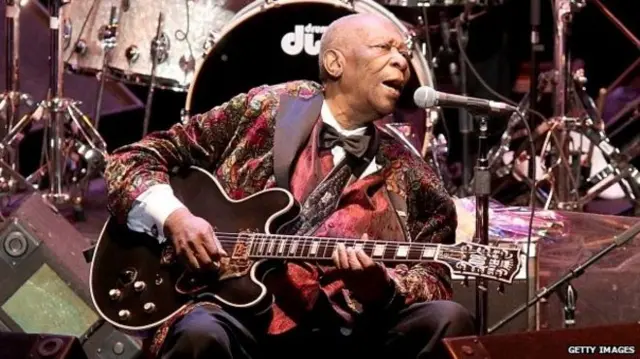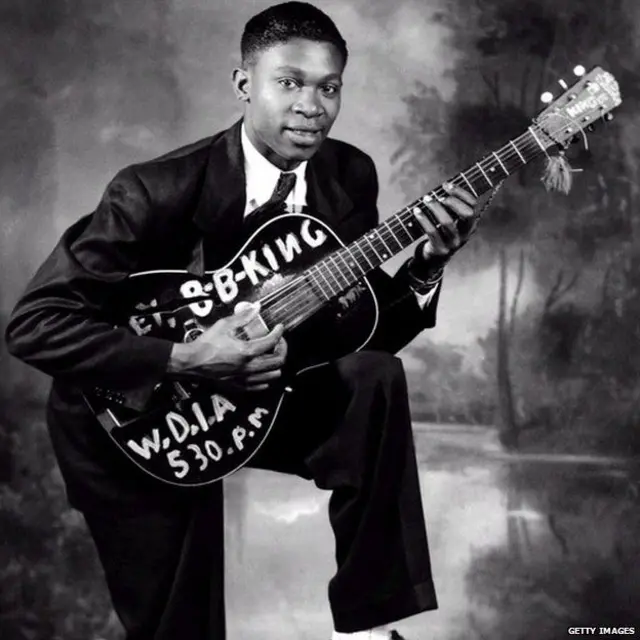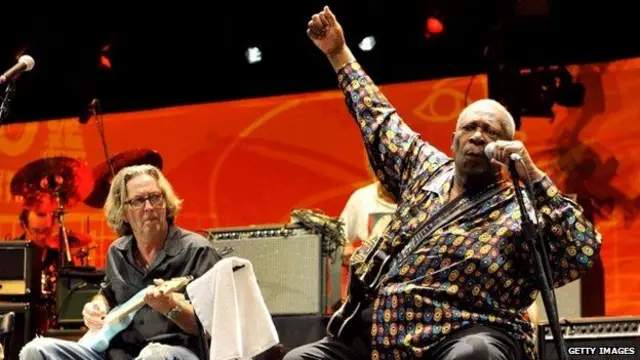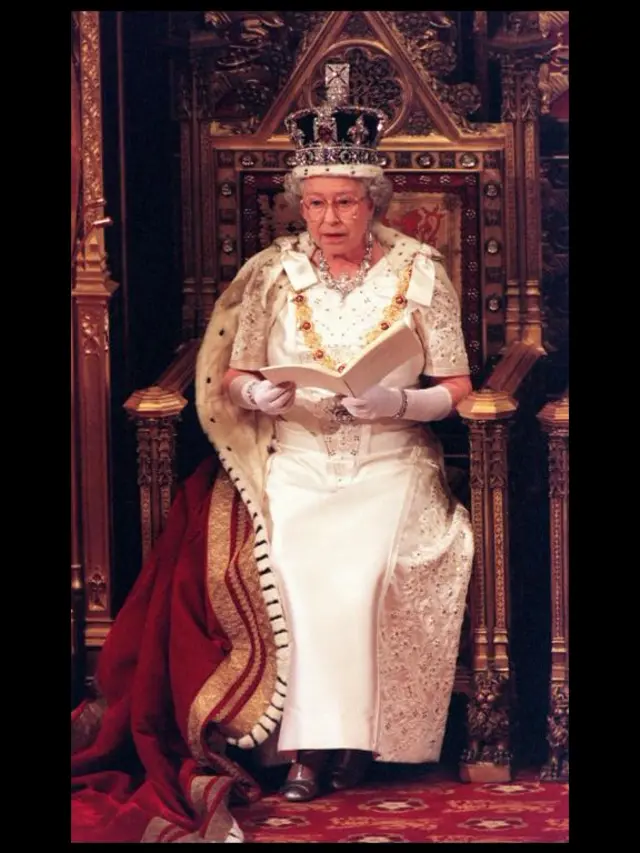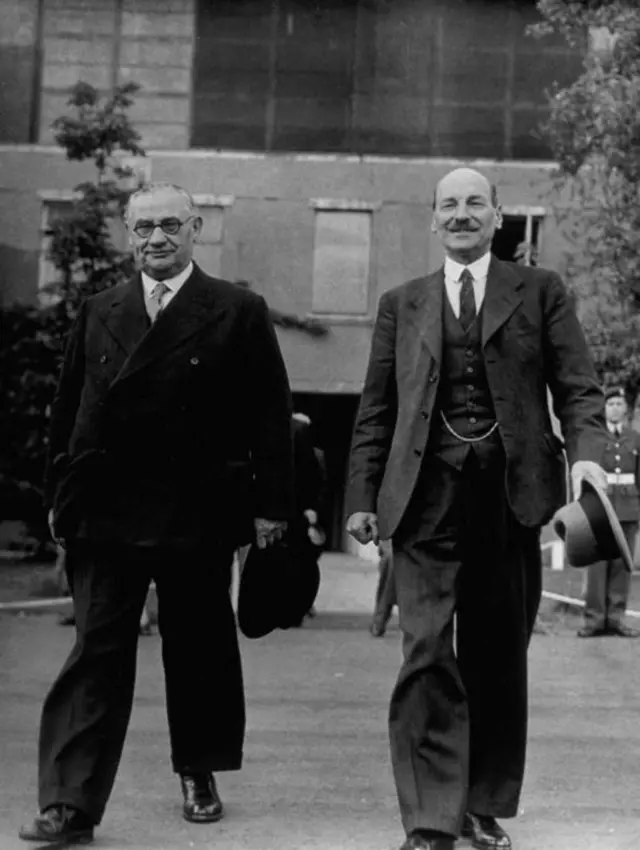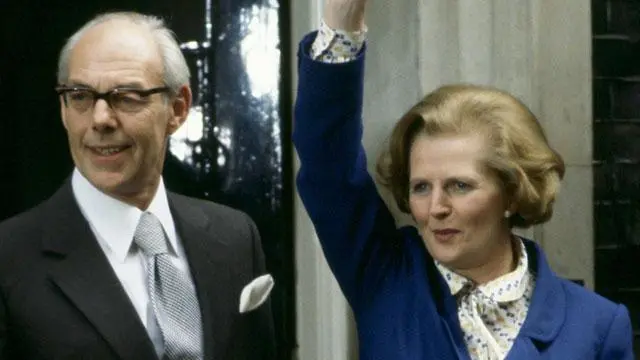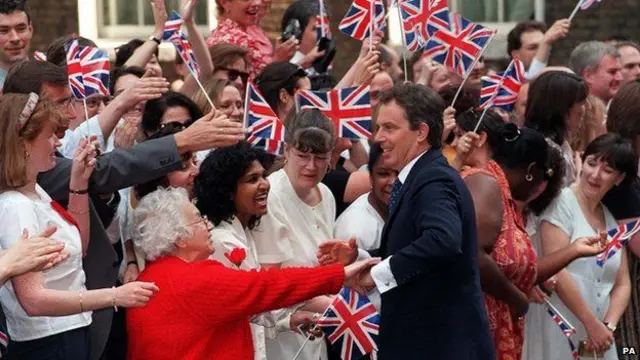Lib Dem membership spikepublished at 21.30
Jenny Parks, Newsnight producer
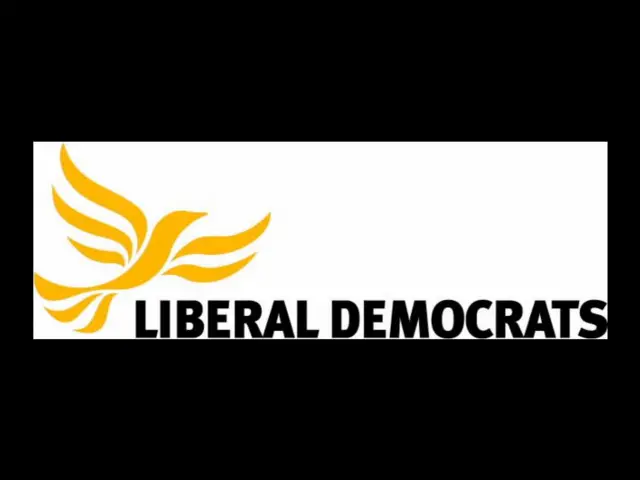 Image source, BBC News
Image source, BBC NewsThey got a drubbing in the General Election but the Lib Dems – or at least their media operation - seem determinedly unbowed. Since polling day they have been enthusiastically tweeting under #LibDemFightback about the number of new joiners that they have attracted:
I wondered if this always happened after an election - a result of the extra exposure perhaps? But it seems for the Lib Dems at least, it's not the case. I asked the press office to send me the figures outlining the increase in membership figures for each month following the last four General Elections. Here they are:
1997 – 2,000 new joiners (this was in the halcyon days when the party still boasted 99,000 members), external.
2001 – no new joiners and membership declined
2005 – no new joiners and membership declined
2010 – new joiners before election but no significant increase afterwards and membership continued to decline.
So it looks as if 12,000+ card carriers is something to shout about - even if it still leaves them tailing the Tories, Labour, SNP and the Greens on overall membership.

